Resources
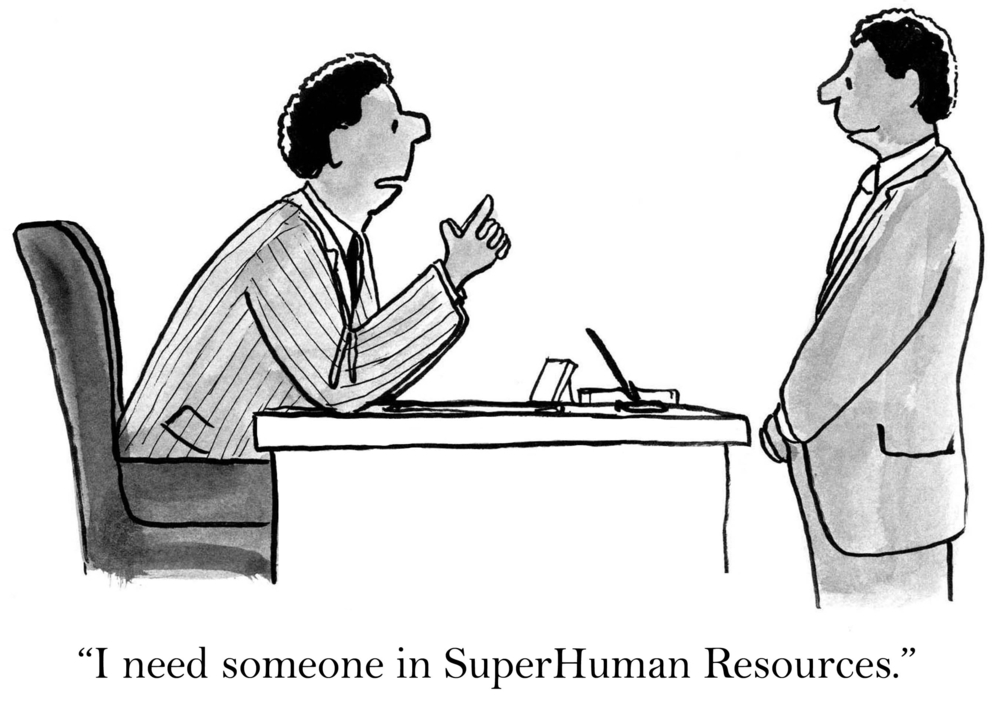 One Click Away: Great DEI resources at your fingertips
One Click Away: Great DEI resources at your fingertips
Northwestern University affinity groups aim to enhance staff's personal and professional development, foster a sense of community, and help Northwestern create a workplace where everyone feels belonging and can thrive. Explore a variety of Northwestern affinity groups via this link: https://www.northwestern.edu/diversity/support-community/affinity-groups/
Northwestern DEI-relevant academic programs and research centers produce valuable insights and resources. For example, the Center for the Study of Diversity and Democracy stimulates research, dialogue, and civic engagement. Find a variety of other excellent NU centers and programs by following this link: https://www.northwestern.edu/diversity/support-community/academic-programs-centers.html
Heritage Months and Cultural Recognitions Calendar
Link: https://www.northwestern.edu/diversity/support-community/heritage-months-and-identity-recognitions/
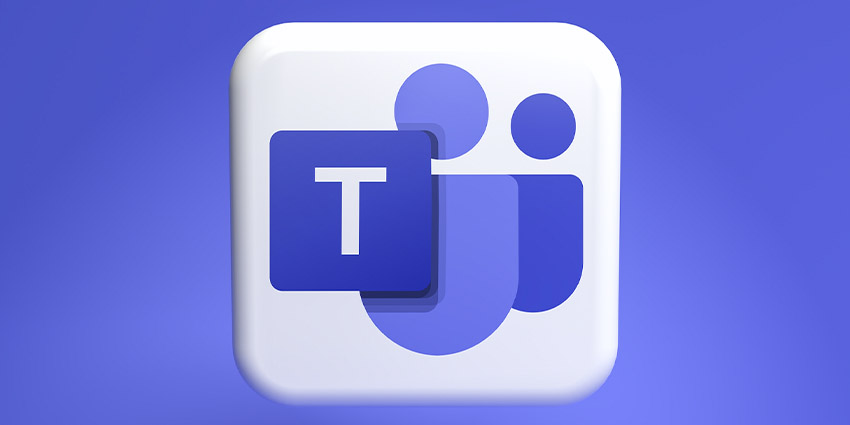 New Teams channel
New Teams channel
The DEI Council has just launched a new Teams channel to share DEI-related resources and spur conversation. You can find the channel under the general "OR Staff Team" heading in your Teams software, or visit this link: OR Staff Team | OR DEI Communications | Microsoft Teams
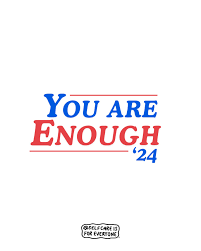 Vote Self-Care
Vote Self-Care
Election season can be stressful! This article from the Detroit Free Press provides tips on how to care for yourself during times of political stress.
Link: https://www.freep.com/story/news/local/michigan/2024/07/25/reduce-anxiety-self-help-tips-election/74515438007/
More self-care resources
Drop-in meditation events on campus! Join these weekly sessions to develop a new meditation habit, expand your current practice, and to connect with a community of contemplation on our campus.
Fridays during the academic quarter
4:00-4:30 p.m. | Multi-Belief Space (Parkes 204)
Wednesdays (October-November)
12:15-12:45 p.m. | Women’s Center (Abbott Hall-Chicago Campus)
Link for questions and to learn more: https://www.northwestern.edu/religious-life/explore-our-programs/rest--renew-calendar-and-daily-prompts-final.pdf
Tips on coping with racial trauma
During a recent webinar on building an emotional toolbox, Lisa Fortuna, the UCSF Department of Psychiatry and Behavioral Sciences Vice Chair, provided suggestions for coping with racial trauma. Visit this YouTube link for her presentation>
Link: https://www.youtube.com/watch?v=np56M3SEiQA&t=1668s
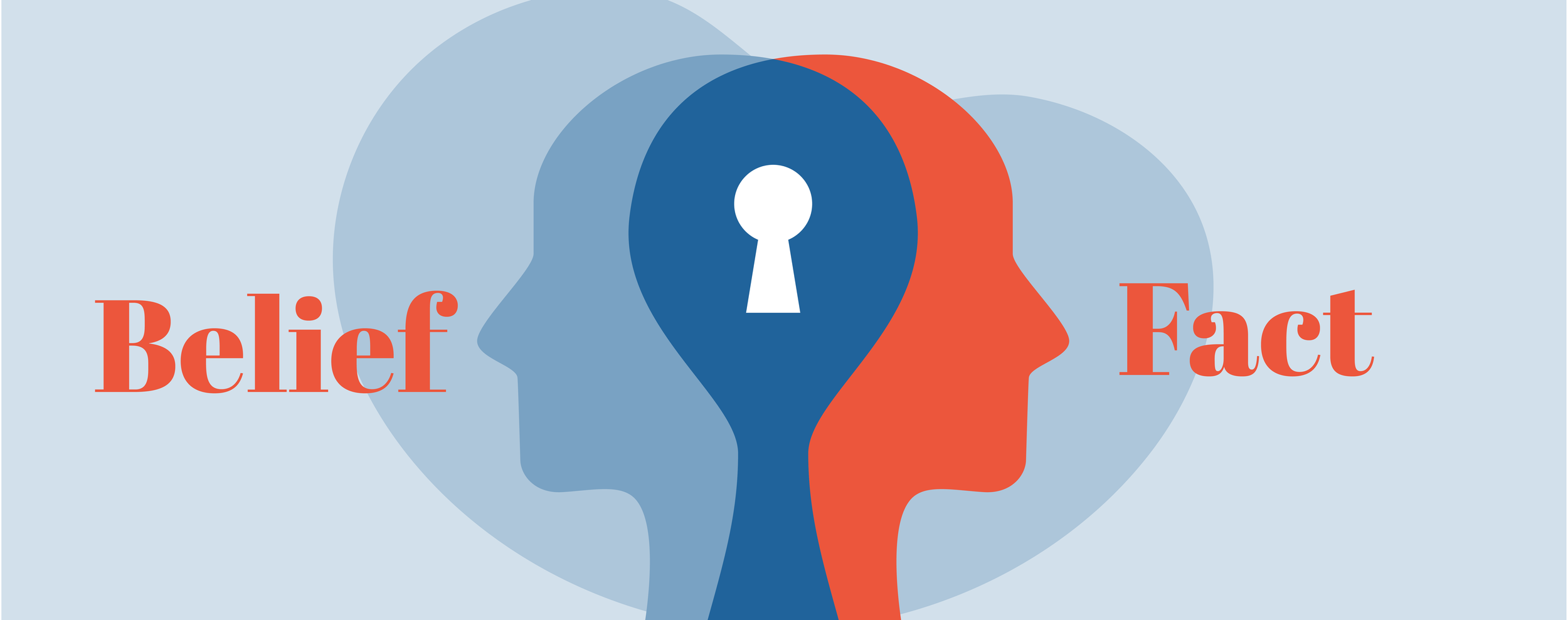 Articles exploring bias
Articles exploring bias
Seminal research from the late sociologist Devah Pager on bias and hiring, and its devastating impact: https://www.ipr.northwestern.edu/our-work/working-papers/2002/ipr-wp-02-37.html Learn more about Prof. Pager, whose career included service as a member of Northwestern's faculty before tenures at Princeton and Harvard: https://www.themarshallproject.org/2018/11/13/the-inspiring-life-and-career-of-devah-pager. Pager and Northwestern sociologist Lincoln Quillian often collaborated on scholarship that explored the issue of bias in hiring: https://researchcomm.northwestern.edu/research-news/2019/discriminating-mind.html
Across several studies, the Kellogg School's Maryam Kouchaki and her colleagues find that people in positions of structural power report less inequity in their organizations than other employees, in part because they identify more with their workplace. Learn more about this dynamic in their article "Employees See Bias in the Workplace. Their Bosses Don't." Link: https://insight.kellogg.northwestern.edu/article/employees-see-bias-in-the-workplace-their-bosses-dont?token=dZLXNiDjY3rc47vVwY-YL-cQe2y276kI#!
Northwestern’s Office of the Provost Resource on Unconscious Bias:
This page provides links to online resources, a list of suggested strategies for minimizing bias in faculty recruitment, and a selected list of academic studies and other articles on the topic.
Link: https://www.northwestern.edu/provost/policies-procedures/faculty-searches/resources/unconscious-bias.html
“U.S. children show clear evidence of bias at the intersection of race and gender”
Article presents Northwestern study results indicating evidence of bias in children as young as four years old. Features Northwestern researchers Danielle Perszyk and Sandra Waxman.
Link: https://news.northwestern.edu/stories/2019/01/u-s-children-show-clear-evidence-of-bias-at-the-intersection-of-race-and-gender/#:~:text=A%20new%20Northwestern%20University%20study,gender%20%2D%2D%20female%20and%20male.
Did You Know?
November is Native American Indian Heritage Month. In 1990 Congress passed and President George H. W. Bush signed into law a joint resolution designating November as the first National American Indian Heritage Month (also known as Native American Indian Month). “American Indians were the original inhabitants of the lands that now constitute the United States of America,” noted H.J. Res. 577. “Native American Indians have made an essential and unique contribution to our Nation” and "to the world." Learn more about the history and significance of this monthlong recognition and ways that you can participate. Link: https://www.nativeamericanheritagemonth.gov/about.html
October includes recognition as National LGBTQ+ History Month. In 1994, Rodney Wilson, a Missouri high school teacher, believed a month should be dedicated to the celebration and teaching of gay and lesbian history, and gathered other teachers and community leaders. They selected October because public schools are in session and existing traditions, such as Coming Out Day (October 11), occur that month. Learn more: https://lgbthistorymonth.com/15th-anniversary-A-Z-quiz-questions
October is also Bullying Prevention Month with October 9 being National Stop Bullying Day. Link: https://nationaltoday.com/national-stop-bullying-day/ October was first declared as National Bullying Prevention Month in 2006. Since then, October has been a time to acknowledge that bullying has devastating effects on children and families such as school avoidance, loss of self-esteem, increased anxiety, and depression.
August is National Civility Month. Civility helps diverse groups come together, reducing disputes and conflict and strengthening society. It isn't difficult to be more civil (no, really!). Civil behavior involves aspects of kindness, empathy, respect, and humility. Practicing civil behavior means acting with humanity, whether you are helping someone cross the street, feeding the homeless, helping someone financially, or simply listening with genuine presence. Being more civil can start with a little self reflection and a "think-before-I-speak" moment. Acknowledge other people, be inclusive, and try to be considerate of circumstances that may be impacting others. Your civility can inspire those around you, too, like a ripple effect. Be a role model and the standard of decent human behavior.
July is Disability Pride Month. In alignment with the July 1990 passing of the landmark Americans with Disabilities Act (ADA), disability month is celebrated every year in July. This observance aims to promote visibility and mainstream awareness of the positive pride felt by those within the disability community. Using bold images and powerful words, disability pride awareness events and parades strive to educate and empower people with and without disabilities. Learn more. Link: https://www.ameridisability.com/how-to-display-disability-pride/
Recommended Reading
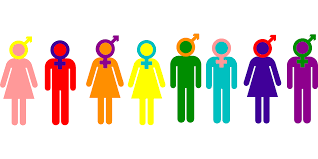 Beyond the Gender Binary, by Alok Vaid-Menon, gender non-conforming artist and writer. Penguin Random House: “In this installment, Beyond the Gender Binary, Alok Vaid-Menon challenges the world to see gender not in black and white, but in full color. Taking from their own experiences as a gender-nonconforming artist, they show us that gender is a malleable and creative form of expression. The only limit is your imagination.” Link to book on Amazon: https://www.amazon.com/Beyond-Gender-Binary-Pocket-Collective/dp/0593094654
Beyond the Gender Binary, by Alok Vaid-Menon, gender non-conforming artist and writer. Penguin Random House: “In this installment, Beyond the Gender Binary, Alok Vaid-Menon challenges the world to see gender not in black and white, but in full color. Taking from their own experiences as a gender-nonconforming artist, they show us that gender is a malleable and creative form of expression. The only limit is your imagination.” Link to book on Amazon: https://www.amazon.com/Beyond-Gender-Binary-Pocket-Collective/dp/0593094654
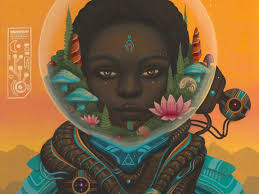 Parable of the Sower, by Octavia Butler. Butler's acclaimed novel eerily prescient today. Amid mounting climate catastrophes, societal unrest, and profound uncertainty about the future, Butler's visionary work serves as a powerful exploration of resilience, community-building, and the human capacity to cultivate hope in the direst of circumstances. This fall, Northwestern embarks on a yearlong journey diving into the richly layered themes of Parable of the Sower through the transformative lens of Afrofuturism. This artistic and philosophical movement, which reimagines the past and present while projecting bold new futures centered on Black experiences, provides a vital framework for grappling with Butler's searing social commentary and her radical vision for change. To join the NU reading group (starting in October) register via this link: https://app.smartsheet.com/b/form/d1ff9f8dbcd64736a30e5097fc530b91
Parable of the Sower, by Octavia Butler. Butler's acclaimed novel eerily prescient today. Amid mounting climate catastrophes, societal unrest, and profound uncertainty about the future, Butler's visionary work serves as a powerful exploration of resilience, community-building, and the human capacity to cultivate hope in the direst of circumstances. This fall, Northwestern embarks on a yearlong journey diving into the richly layered themes of Parable of the Sower through the transformative lens of Afrofuturism. This artistic and philosophical movement, which reimagines the past and present while projecting bold new futures centered on Black experiences, provides a vital framework for grappling with Butler's searing social commentary and her radical vision for change. To join the NU reading group (starting in October) register via this link: https://app.smartsheet.com/b/form/d1ff9f8dbcd64736a30e5097fc530b91
Find more gender-inclusive resources and reading. Link: https://www.northwestern.edu/diversity/docs/gender-inclusive-readings.pdf
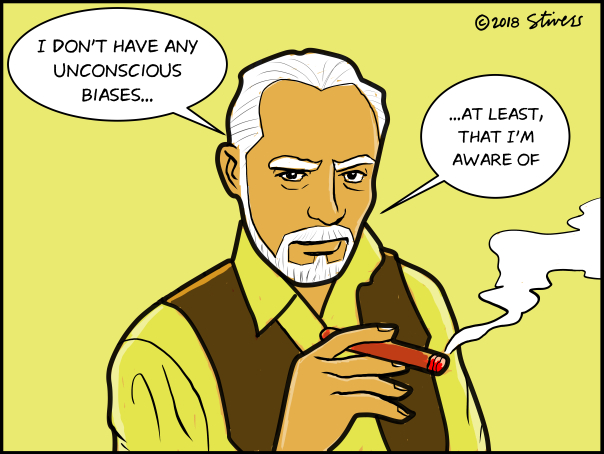 Training via MyHR Learn
Training via MyHR Learn "Leading With Inclusion" Link: https://tinyurl.com/mr3edp5d
"Unconscious Bias" Link: https://tinyurl.com/he3jpn35
Social media videos
X (formerly Twitter) highlight: Zoie Clarise Sheets (@ZoieSheets) is a Chicago medical professional who aims to make healthcare accessible for patients and providers alike. (Note: content requires an account)
Link: https://x.com/ZoieSheets
YouTube: Intersections of Disability Justice and Transformative Justice.
In response to heightened levels of abuse and violence experienced by disabled people, disability justice organizers have developed tremendous knowledge and creative approaches to care, safety, and preventing and stopping violence without relying on the state. How do disability justice strategies and knowledge inform transformative justice practices? Learn more via this link: https://youtu.be/8dKystkbHKQ?si=jV6S5HB-Ns1W_2Gs